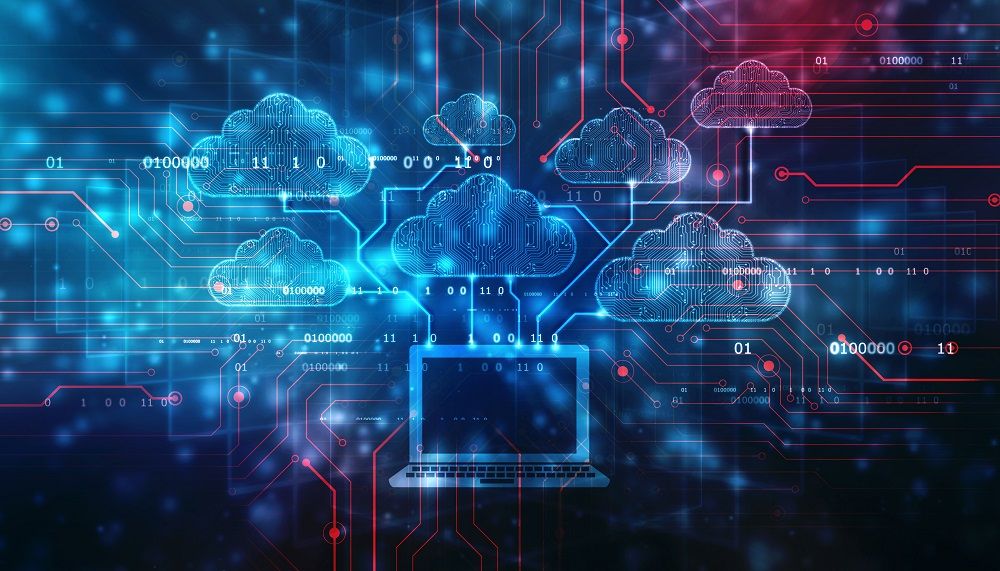1. Windows:
This operating system platform was launched in 1985 by Microsoft. Several widely used versions include Windows XP, Windows 7, Windows 8, and the current Windows 10.
Additionally, other versions such as Windows 98, Windows 2000, Windows Vista, and Windows Server have contributed to Windows dominating the desktop market, becoming the most popular operating system for users worldwide.
Focusing on entertainment and office tasks, with an extensive application library and high compatibility with a wide range of computers, Windows gives you more options when purchasing and using this operating system.
a. Advantages:
- Preferred by many hardware manufacturers: Most computer manufacturers today choose to equip their products with Windows. This means you’ll have more brand options when buying a computer, such as Asus, Acer, HP, Dell, etc.
- Extensive application library: Windows features a diverse application store to meet office and entertainment needs and can easily emulate Android or iOS applications.
- Wide range of prices to choose from: Whether you’re looking for budget laptops or high-end models, you can experience Windows. This operating system spans all price segments, providing consumers with plenty of choices.
b. Disadvantages:
- Copyright infringement issues: The number or proportion of users utilizing pirated versions of Windows is very high, especially in Vietnam. This leads to various risks during use, such as data loss, personal information breaches, and reduced device performance.
- Security concerns: Due to its widespread global usage, Windows is a prime target for many notorious hackers. Most malware and viruses are specifically designed for Windows.
- Suboptimal upgrade support: Microsoft frequently releases supplemental updates that come with hardware requirements. If a laptop’s configuration is not powerful enough, the device will be unable to install these new updates.
2. macOS – Apple’s Exclusive Operating System
macOS is often humorously referred to as “the operating system not everyone can afford to use,” reflecting the relatively high cost of devices running macOS compared to Windows-based computers.
Launched in 1984, macOS has undergone numerous upgrades, with versions named after members of the cat family, such as Cheetah, Puma, Jaguar, Panther, Tiger, Leopard, Snow Leopard, Lion, and so on.
As a core component of Apple’s closed ecosystem, macOS is highly optimized for Apple devices, delivering smooth and stable performance.
a.Advantages:
- High stability and security: Apple restricts third-party access to its operating system, ensuring top-notch security and minimizing factors that could slow down the system, guaranteeing the smoothest user experience.
- Compatibility with Apple’s ecosystem: Apple has built an ecosystem where users can easily connect devices. Apple users can run iPhone and iPad applications directly on their MacBooks.
b.Disadvantages:
- Limited application library: Within its closed ecosystem, Apple tightly controls apps before they are listed in its app store, leading to a relatively limited selection for macOS users.
- High cost and limited accessibility: “High price” seems to be a hallmark of Apple products, making it challenging for users to own a MacBook. Moreover, other manufacturers do not use macOS as the operating system for their devices.
3. Linux – The Open-Source Operating System for Developers
While Windows stands out for its ease of use and all-around balance, and macOS for its exclusivity, Linux is an operating system that anyone can modify and customize.
First launched in 1991 by its creator Linus Torvalds after three years of continuous work, Linux began as a project during his time as a university student in Helsinki. With its open working environment, the operating system has since seen subsequent versions developed by user communities. These days, Linux is a free operating system, and anyone can modify or customize it to their needs.
Today, many branches of this operating system have been developed and become well-known worldwide, such as Ubuntu, Fedora, Linux Mint, and others, created by companies or communities collaborating and sharing in its development. Among these, Ubuntu is the most popular.
a. Advantages:
- Licensing: If you are someone who values principles and emphasizes copyright issues, Linux is an ideal choice. It is developed for free and is based on an open-source platform.
- Free applications: You can perform office tasks using professional tools like OpenOffice and LibreOffice, comparable to Microsoft Office on Windows, without paying licensing fees, along with access to numerous other free applications.
- Flexibility and variety of choices: Linux is highly adaptable, offering many free versions shared by the Linux community since it can be modified by anyone. For example:
- Ubuntu: Designed to operate similarly to Windows.
- Lubuntu: Often used for older computers with lower configurations.
b. Disadvantages:
- Limited application library: Although there are emulators and software that support running on Linux, this operating system is primarily designed for developers. This can pose challenges for new users, as you may need to search for tutorials every time you want to run a specific application.
- Limited driver support: Some manufacturers do not develop drivers compatible with Linux, making it difficult to use certain applications and software.
- Steep learning curve: If you are accustomed to Windows, it will take some time to get used to Linux’s interface and functionality.
4. Note
This article provides an overview based on certain features of each operating system. You should carefully consider your needs, such as usage purposes and budget, before selecting the operating system that suits you best.
